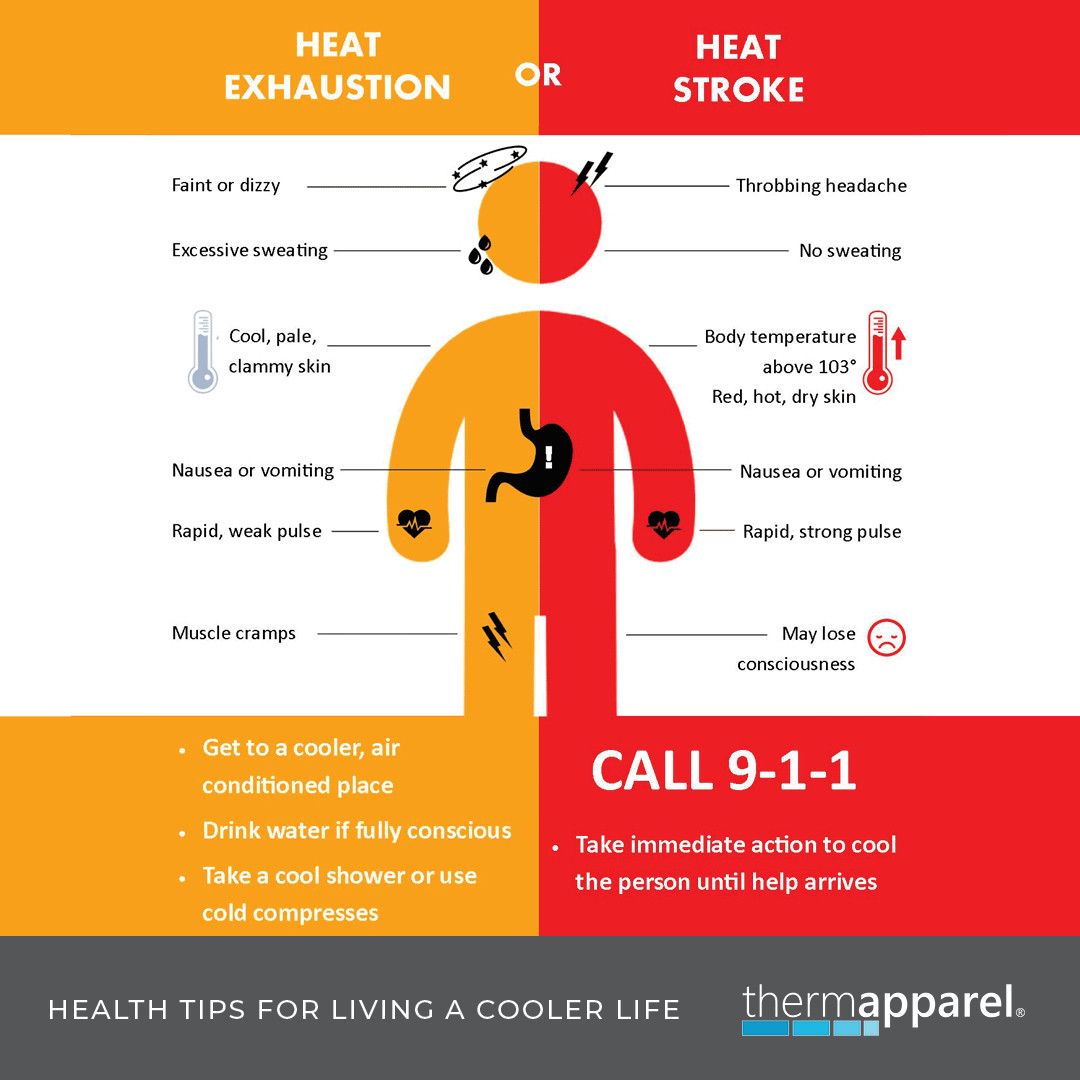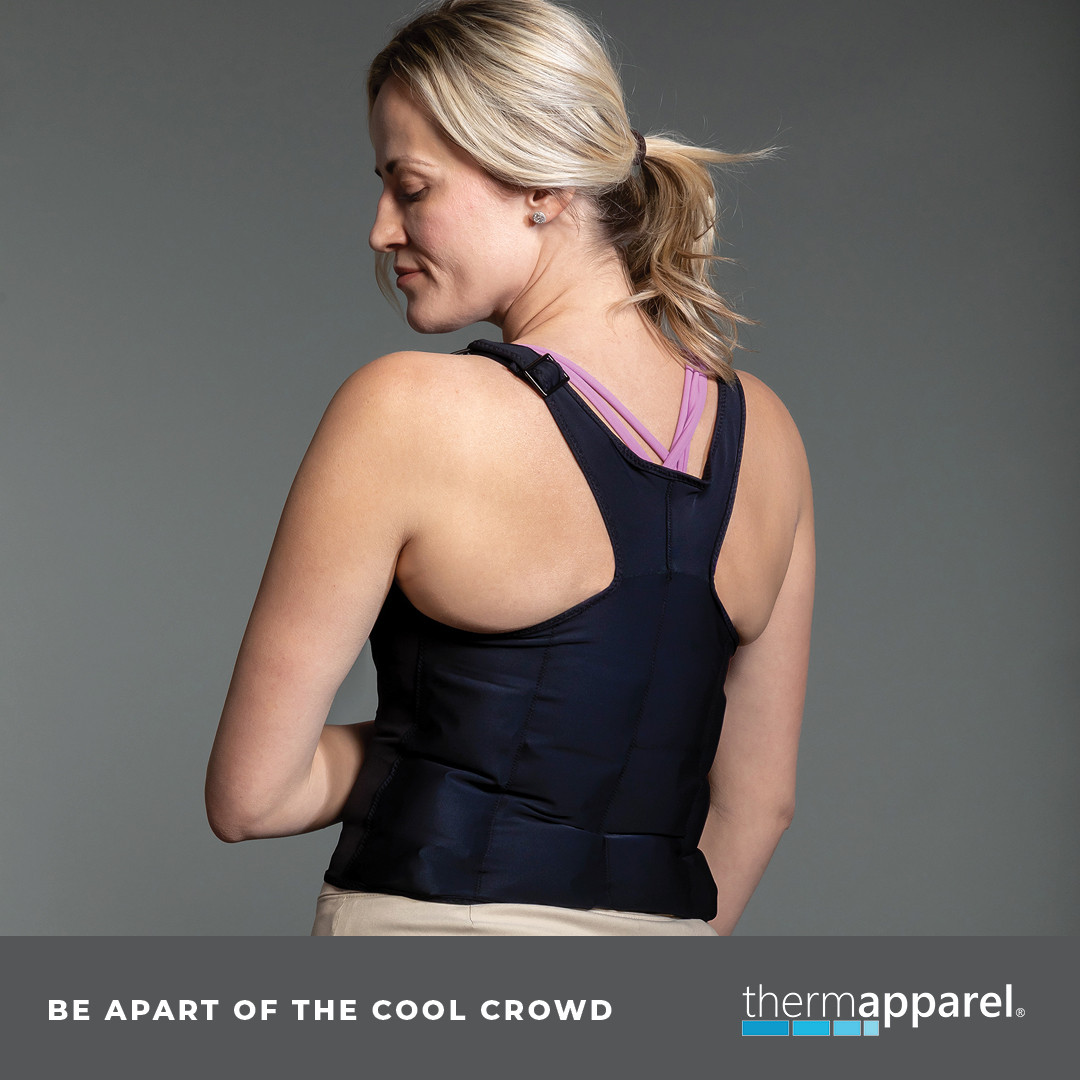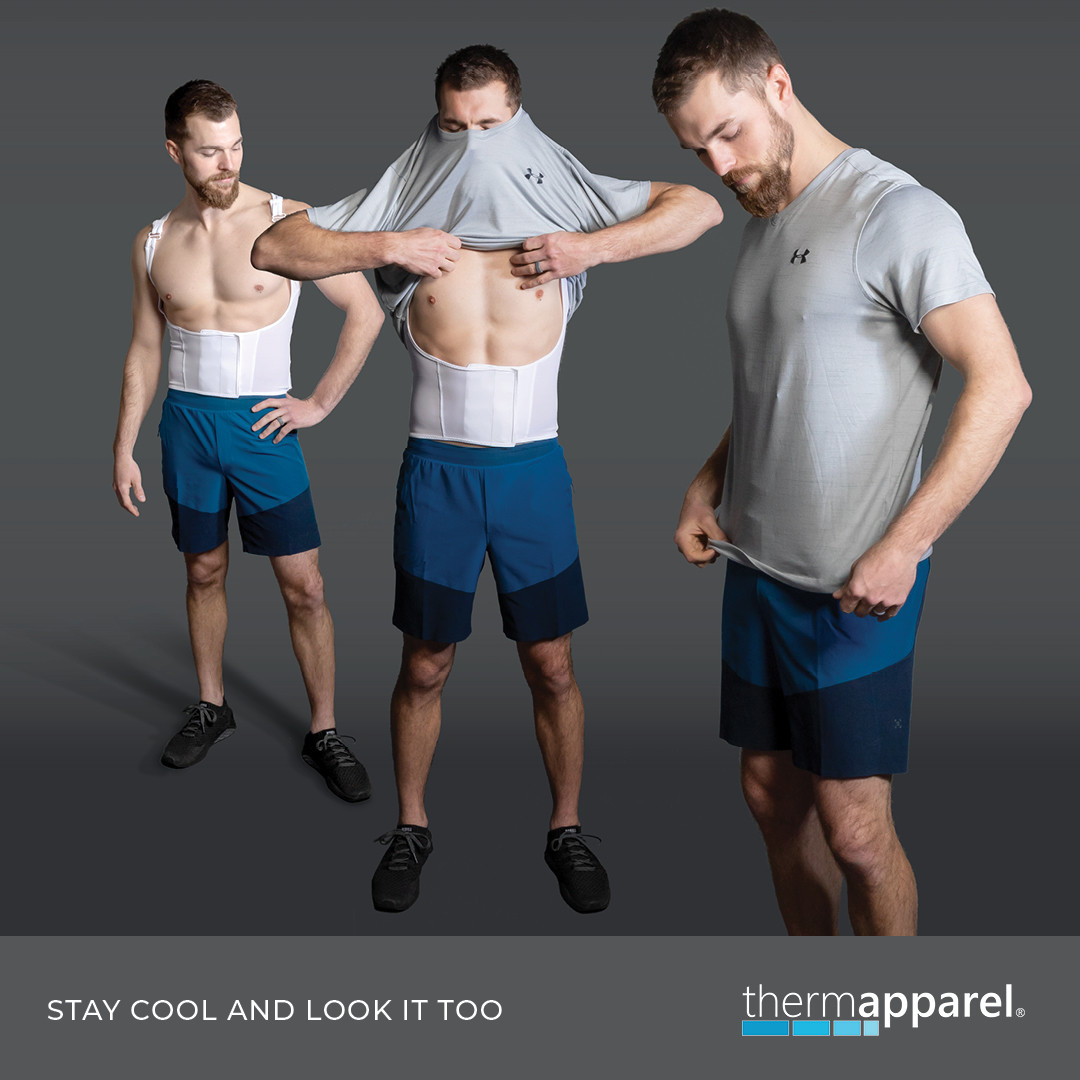August 21, 2019
Great info from NOAA
If you plan on being out and about in summer, chances are you’ll be exposed to a lot of sun and higher temperatures.
How much heat can a person safely endure? It depends.
Between 1999-2010, more than 7,400 people died from heat-related causes, an average of about 618 per year, according to the statistics from the Centers for Disease Control and Prevention.
“Heat can be a silent killer because it doesn’t topple trees or rip roofs off houses like tornadoes and hurricanes,” says Eli Jacks, chief of fire and public weather services with NOAA’s National Weather Service. “Nevertheless, it’s a dangerous weather condition for which people should prepare.”
Certain groups of people should be especially careful during hot weather conditions. For example, city-dwellers and those living in the upper floors of tall buildings or in heat-prone regions are most at-risk for heat-related illness. People who have difficulty getting around or who have health conditions are particularly susceptible. The elderly and the very young also merit special attention during periods of high heat and humidity.
Heat can be a silent killer because it doesn't topple trees or rip roofs off houses like tornadoes and hurricanes.
- Eli Jacks, chief of forecast services with NOAA’s National Weather Service
NOAA's National Weather Service (NWS) and the Occupational Safety and Health Administration have partnered to increase awareness for outdoor workers and their employers during excessive heat events. As part of this effort, NWS will incorporate specific outdoor worker safety precautions when heat advisories and warnings are issued.
No matter what your job is or how you spend your free time, prevention of heat-related illness is key. Here's what you can do:
1. Know the warning signs of heat-related illness*
Too much exposure to heat can raise your body temperature to unhealthy levels and may make you ill — it can also be deadly. Take the precautions listed above and be on the lookout for these warning signs that you may be in trouble:

2. Be informed and stay alert
Pay close attention to heat advisories or warnings that have been issued for your community.
- NOAA’s National Weather Service continually updates heat-related advisories and warnings online at weather.gov. (Click on “Excessive Heat Warning” and “Heat Advisory” under the U.S. map — if there are no current warnings or advisories in the United States, nothing will appear).
- NOAA issues excessive heat warnings when weather conditions pose an imminent threat to life and heat advisories when weather conditions are expected to cause significant discomfort or inconvenience or — if caution is not taken — become life threatening.
- If you do not have Internet access, you can get heat advisory and warning information by watching your local television or radio newscast or by purchasing a NOAA weather radio and tuning into NOAA Weather Radio All-Hazards.
- Use the temperature and humidity to figure out the heat index for your area, a measure that tells us how hot it feels.
3. Plan for periods of extreme heat
- Visit your physician for a check-up to find out if you have a health condition that may be exacerbated by hot weather.
- Service your air conditioner before hot weather arrives, and obtain window fans to help cool your home.
- Know where to go when weather heats up. Find cool indoor places to spend time on hot summer days, such as a local library, shopping mall, museum or aquarium.
4. Know what to do and what not to do during hot weather
- DO - Slow down, and reduce strenuous activity. Mow the lawn or garden in the early morning or late evening instead of midday.
- DO - Dress in lightweight, nonrestrictive, light-colored clothing.
- DO - Drink plenty of water or other nonalcoholic fluids.
- DO - Eat light, easy-to-digest foods.
- DO - Seek out shade if you have to be outdoors for extended periods. Spend more time in air-conditioned places.
- DO - Check on elderly neighbors, friends and relatives to make sure they are okay.
- DO - When outside, take frequent dips in the ocean or pool, or mist yourself with a water bottle. When inside, take frequent cool baths or showers and use cold compresses to cool off.
- DO - Apply high-SPF sunscreen frequently when outdoors.
- DO - Seek immediate medical attention if you experience symptoms of heat illness. (See chart below for symptoms, likely conditions and treatment.)
- DO - Wear a cooling vest like UnderCool
However, please remember:
- DO NOT leave children, the elderly, or pets in the car for any reason, for any length of time. Look before you lock! A dark dashboard or seat can easily reach temperatures in the range of 180 to more than 200 degrees F!
- DO NOT stay in the sun for long periods.
- DO NOT take salt tablets unless directed by a physician.
- AVOID alcoholic beverages; they can dehydrate you and increase your risk of heat stroke and other potentially fatal heat-related illnesses.
SHOP WOMEN
SHOP MENS
Source: Excessive Heat Events Guide Book, Environmental Protection Agency
*Please note: This information is not a substitute for expert medical care. If you should experience any of the above symptoms, seek medical assistance/advice immediately. Call 911.
See these resources on heat-related illnesses
- The CDC’s Extreme Heat webpage;
- OSHA’s heat illness webpage, Water. Rest. Shade; and
- NOAA National Weather Service's Heat Safety Tips
https://www.noaa.gov/stories/excessive-heat-silent-killer
From our humble origins we have been striving to help people live active, comfortable, and safe lives. In a time like this we all need more help and we hope this information on masks and the pitfalls of their use can help. Remember that if you are overheating you can also make sure to stay a safe distance from others to remove your mask and take water breaks and switch out your cooling packs.
Stay safe, stay healthy, stay happy.
Julia, Kurtis, Brad

ThermApparel is a small business making big waves in the heat sensitivity world by designing the first lightweight, comfortable and invisible cooling vest, UnderCool. Check us out online, on our blog, or on Facebook, Twitter, Pinterest, LinkedIn and Instagram.
Please let us know if you have any other questions or ideas in the comments below, we will follow up. You can always reach us via:
Live Chat - www.thermapparel.com | Email - contact.us@thermapparel.net | Phone - 855-232-7233 | Address: ThermApparel LLC. 125 Tech Park Dr. Rochester, NY 14620
#chronicillness #spoonie #spoonielife #nowican #ms #mswarrior #thermapparel #undercool #coolingvest #themoreyouknow #TheMoreYouKnowTheBetterItGets #heatstroke #heat #summer #heatexhaustion


